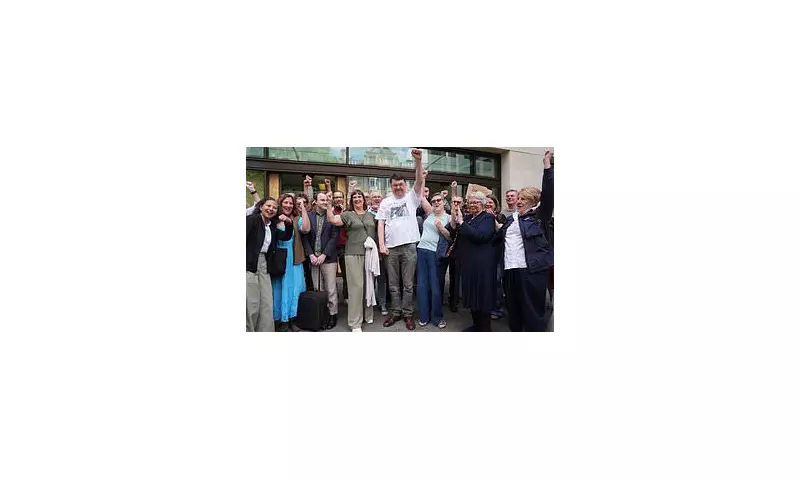
Renowned comedy writer Graham Linehan, the creative mind behind beloved sitcoms Father Ted and The IT Crowd, has appeared before Westminster Magistrates' Court facing allegations of harassing a transgender woman.
The case centres on accusations that Linehan sent unwanted communications to Stephanie Hayden, a transgender activist and former lawyer, between April and August 2023. The prosecution alleges these communications caused significant alarm and distress to the recipient.
Courtroom Proceedings and Defence
During the hearing, Prosecutor Luke Staton outlined the case against the 55-year-old writer, detailing a series of electronic communications that allegedly constituted a campaign of harassment.
Linehan's defence team, led by barrister Ben Watson, entered a plea of not guilty on all charges. Watson argued that his client's actions were protected under principles of free speech and represented legitimate engagement in matters of public debate.
A Controversial Figure
Linehan, once celebrated for his groundbreaking comedy work, has in recent years become a polarising figure due to his outspoken views on gender identity issues. His transition from award-winning writer to activist has been marked by increasing controversy and public scrutiny.
The case has attracted significant attention, with supporters on both sides of the gender debate closely watching proceedings. The courtroom was attended by various media representatives and interested observers.
Legal Arguments and Future Proceedings
District Judge Sarah Turnock presided over the hearing, which addressed preliminary matters including legal arguments about the nature of the alleged communications and their context within public discourse.
The case has been adjourned for trial, with a two-day hearing scheduled for February 27-28, 2025. Both parties are expected to call witnesses and present detailed evidence regarding the nature of the communications and their impact.
Linehan was released on unconditional bail pending the full trial. The outcome of this case could have significant implications for discussions around free speech, online behaviour, and the boundaries of public debate in matters of gender identity.





